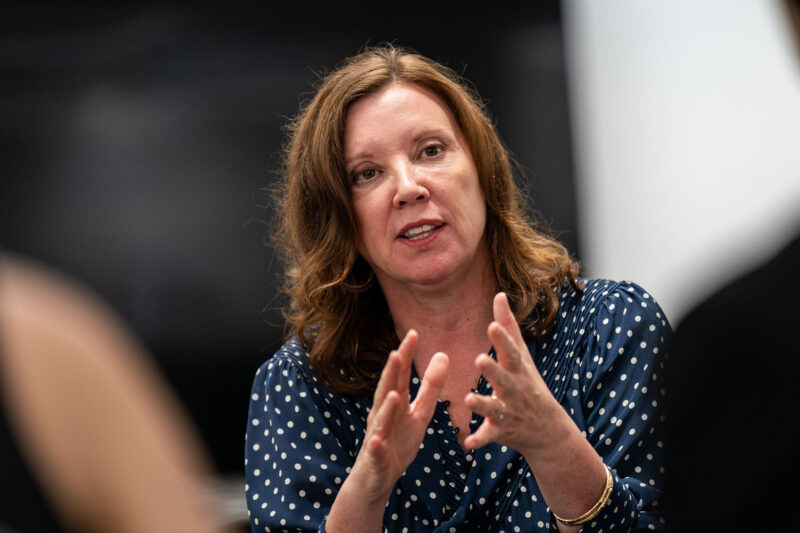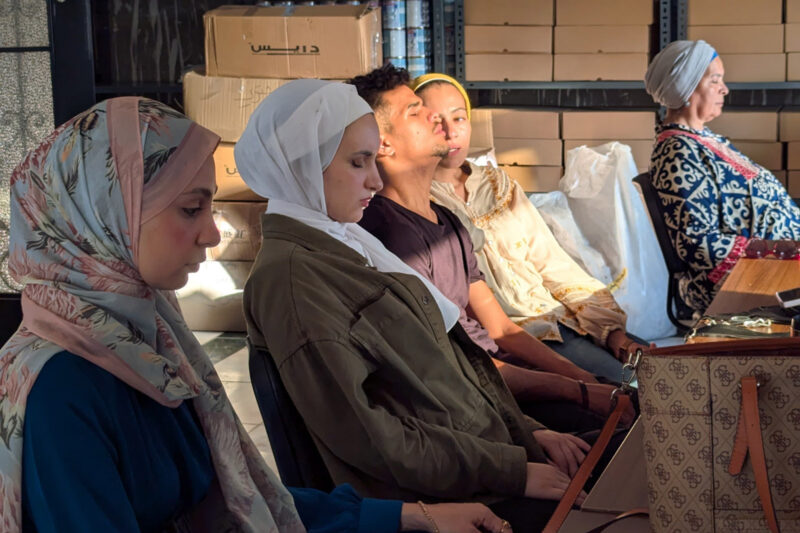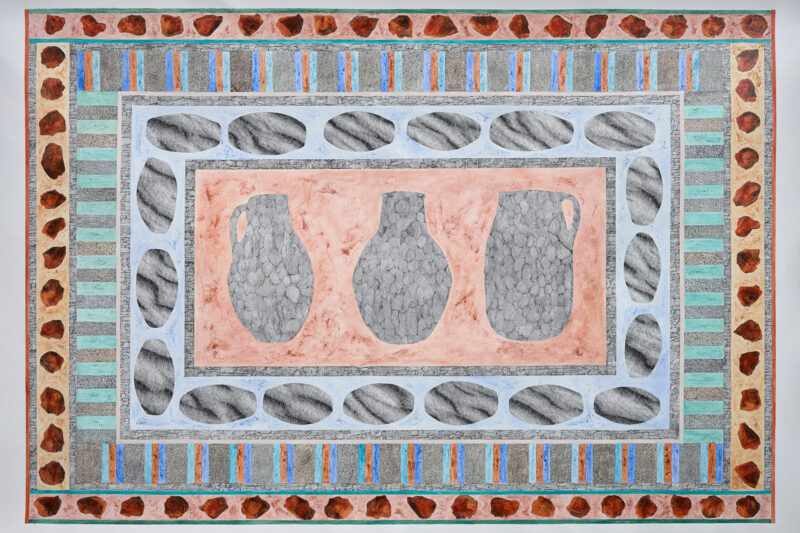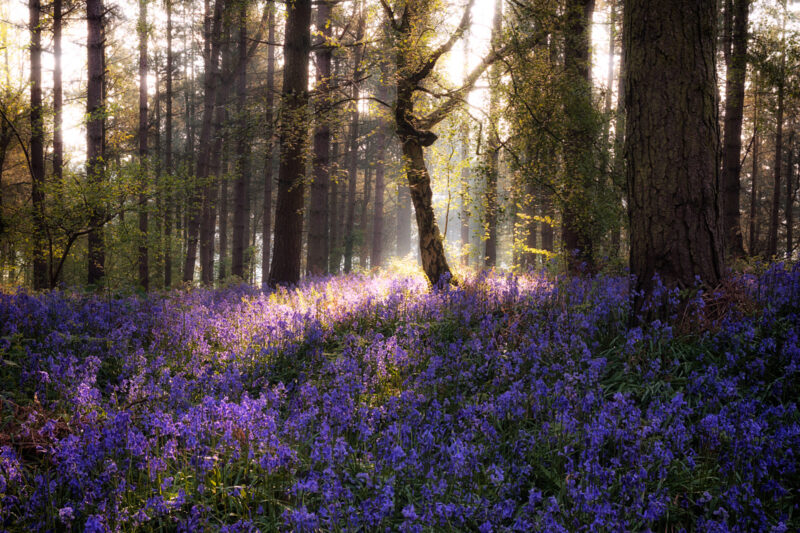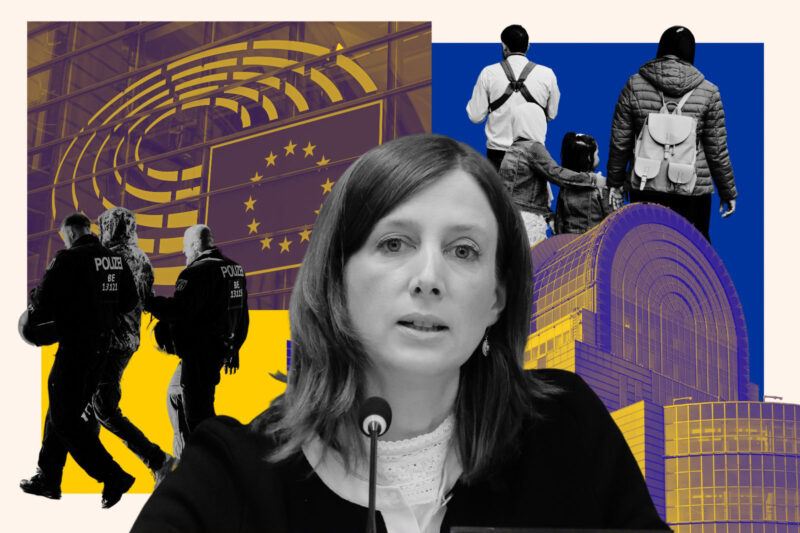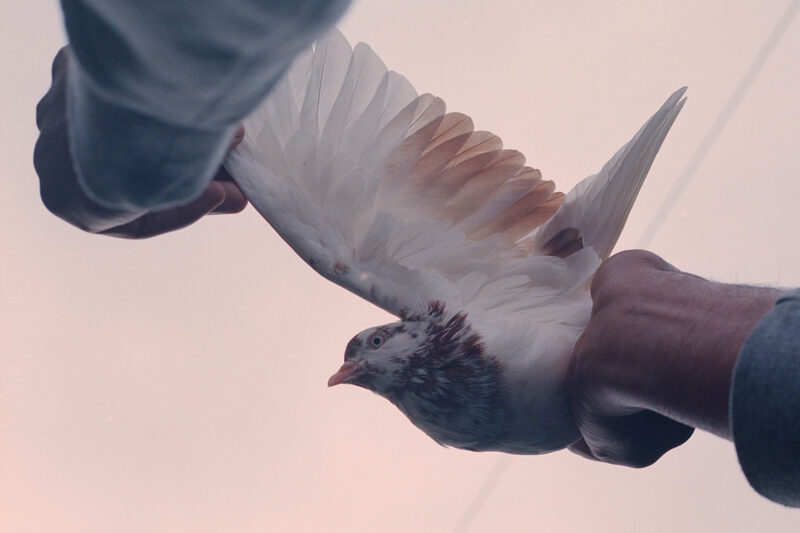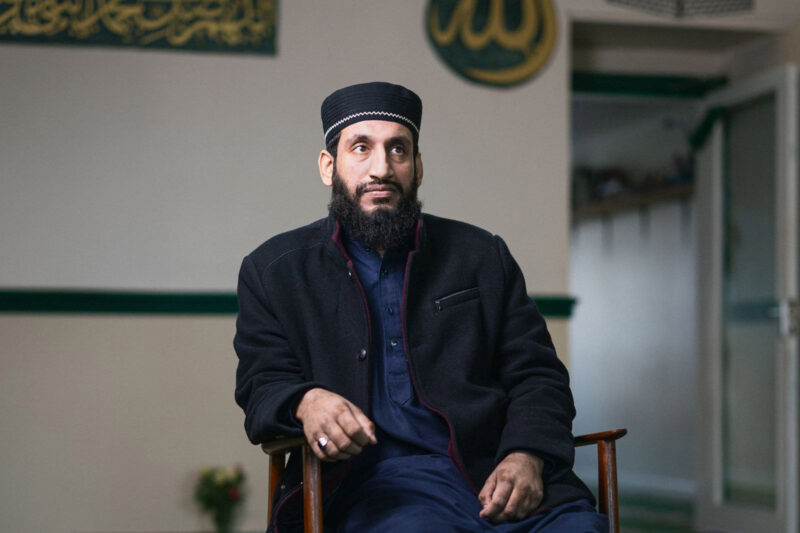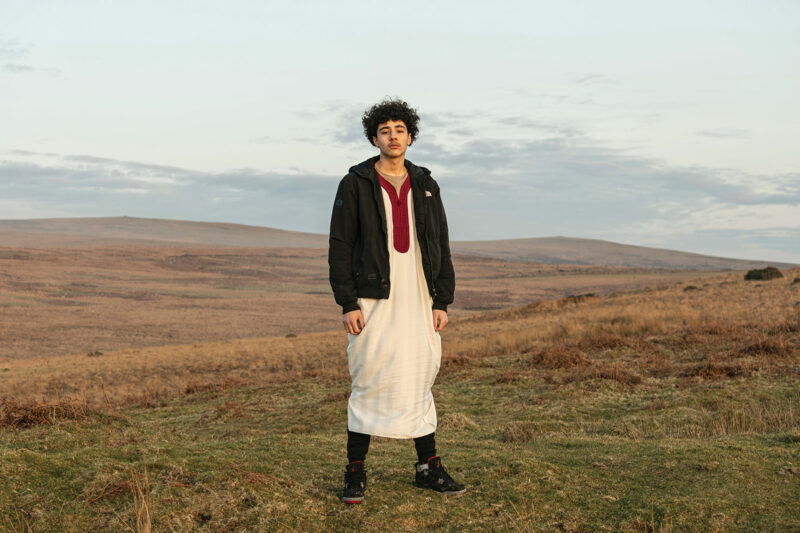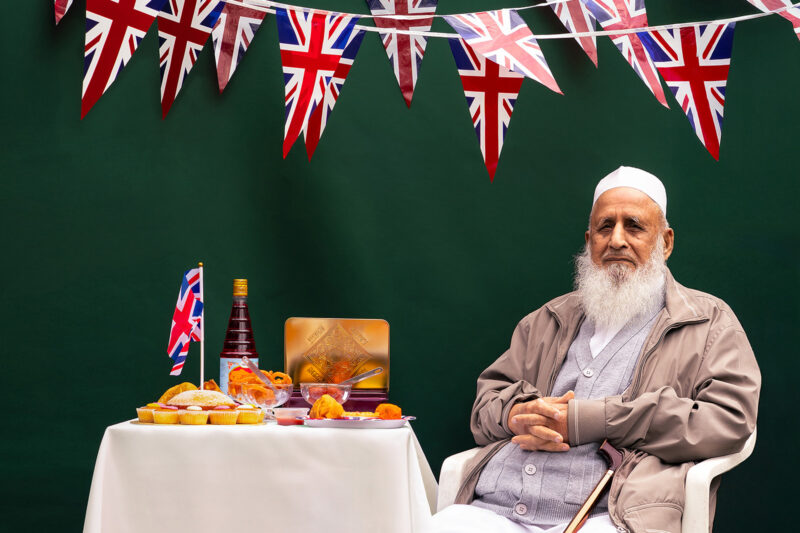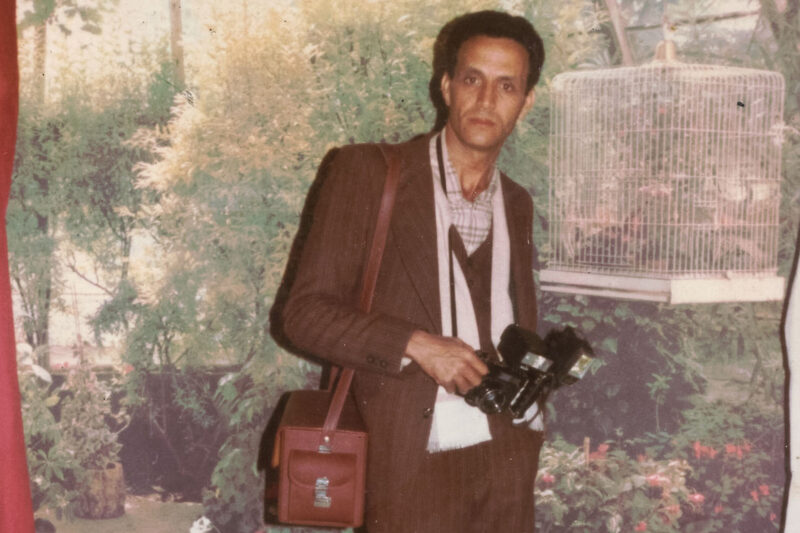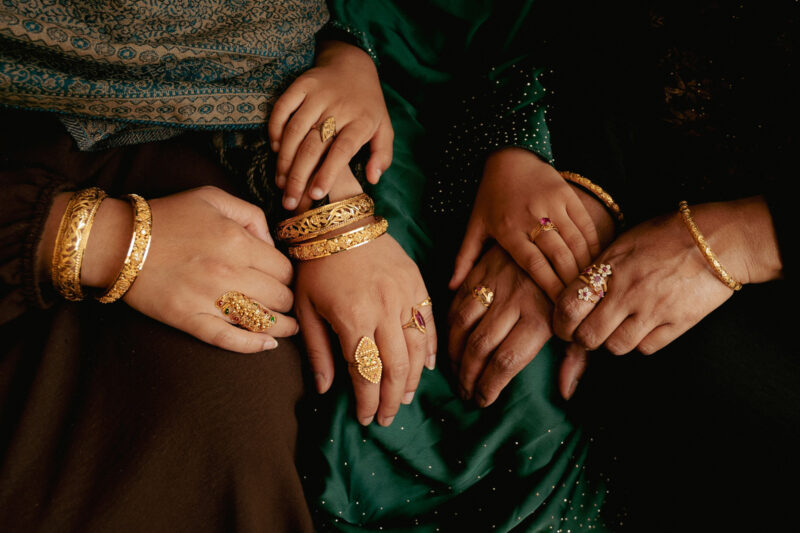‘When you see what’s happening on the ground you see the truth’
Egyptian photojournalist Asmaa Waguih’s new book documents the human scale of the war in Yemen through more than 150 photographs
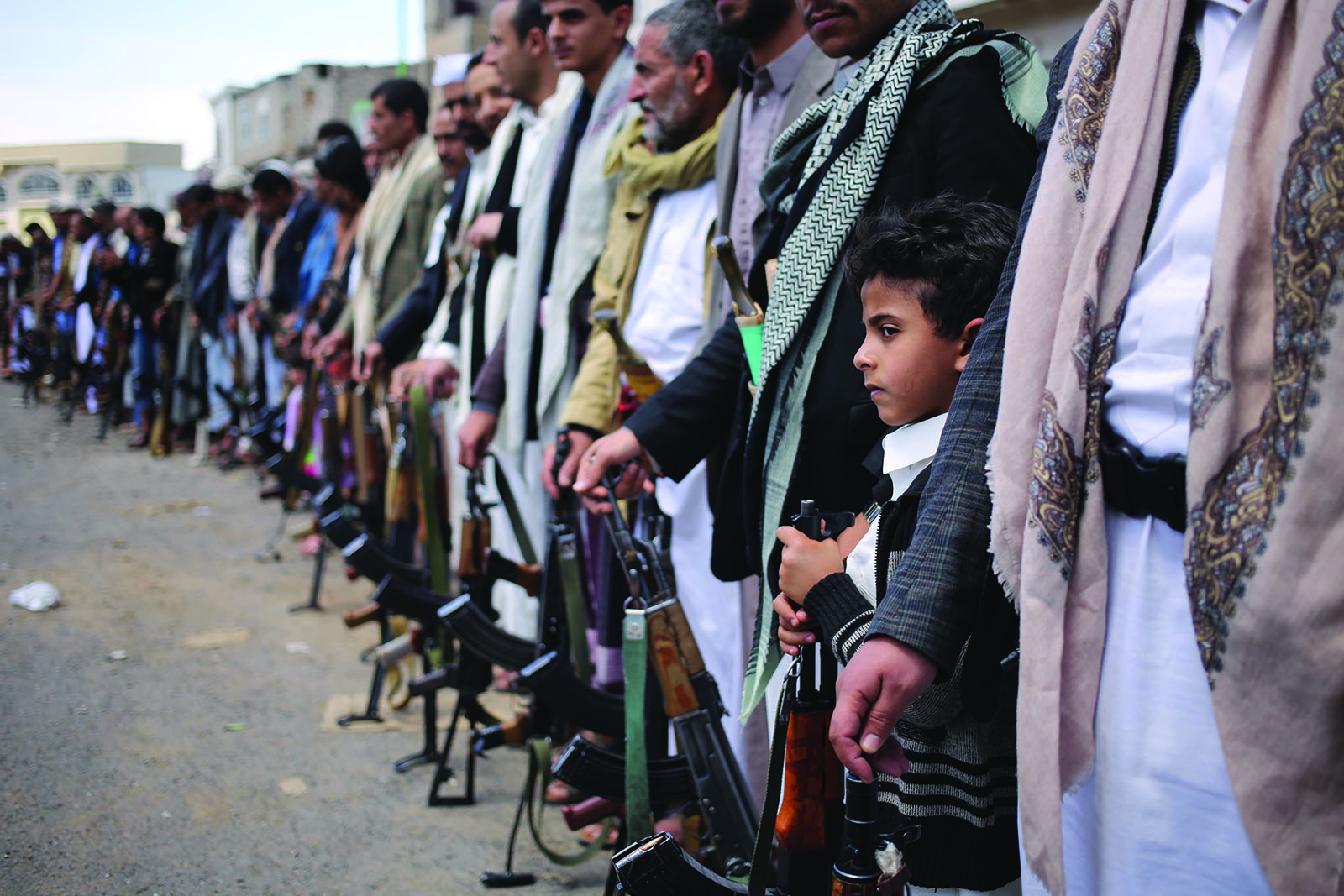
For 16 years, photojournalist Asmaa Waguih has used her camera as a window into war-ridden lands, from her home country of Egypt to Iraq, Ukraine and beyond. Through photography she documents the real-world effects of humanitarian crises, corruption and the ongoing fight for freedom.
Growing up in Cairo, Waguih was keen to know what was happening outside her city. Her curiosity led her to study English at university and pursue journalism, eventually freelancing for the LA Times and Associated Press.
After graduating university Waguih wanted to report on stories that mattered to people, she says. “I was very interested to see all the Arab countries especially important places that has a long history and are important in politics.” She spent three years working as a freelance reporter in Iraq and did a few stints as a picture editor.
Though Waguih doesn’t see herself as a war photographer, her work explores the impact war has on the ordinary people caught up in it.
“When you see what’s happening on the ground you see the truth,” she says.
In 2013, while working for Reuters, Waguih covered the Rabaa Al-Adawiya Square sit-in by supporters of ousted president Mohamed Morsi in Cairo. The protest took a deadly turn when Egyptian security forces attacked the crowd, killing hundreds and leaving many more injured. Waguih herself was hurt during the Rabaa massacre when a gunshot shell ricocheted into her ankle.
Three years later, in mid-2016, she left Reuters and travelled to Yemen, where conflict between the Saudi Arabian-backed government and Houthi rebels was escalating.
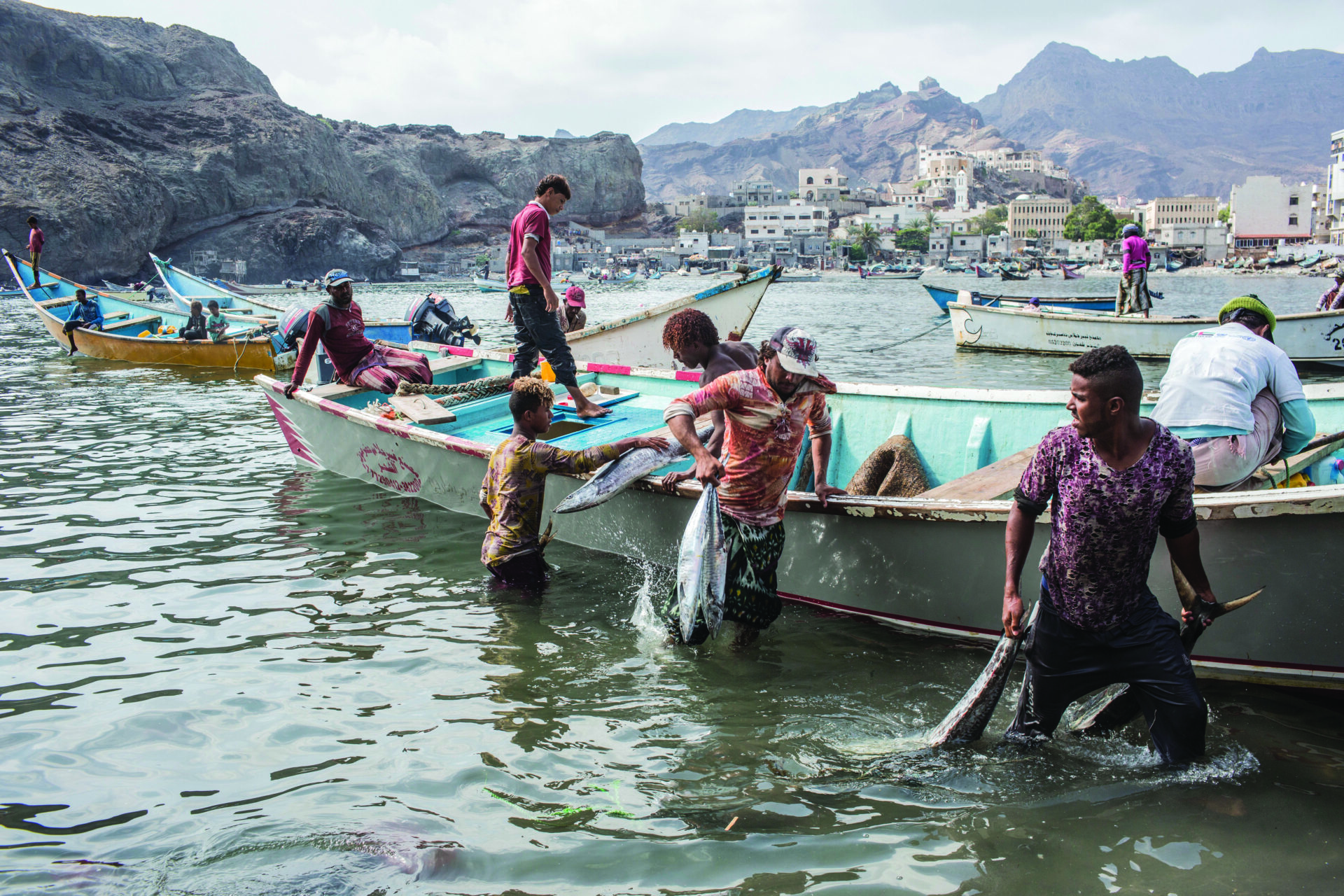
Waguih’s new photo book, Unfinished War: A Journey through Civil War in Yemen, is the culmination of six years of work. Through more than 150 colour photographs, the book tells the story of a forgotten war in a country with a rich history and stunning landscapes.
“Taiz is the cultural capital of Yemen, with beautiful hilly green nature, yet I saw some of the worst scenes of any war,” Waguih says. “Many young people didn’t have limbs. They lost them during the fighting, either from shells or landmines.
“I’m trying to show the kids, the families, displaced people and even the soldiers, who are all exhausted from this prolonged war. But when I go out to take these pictures, I don’t go looking for these things. It’s there, the subjects are there. And for a photojournalist it’s intense,” she adds.
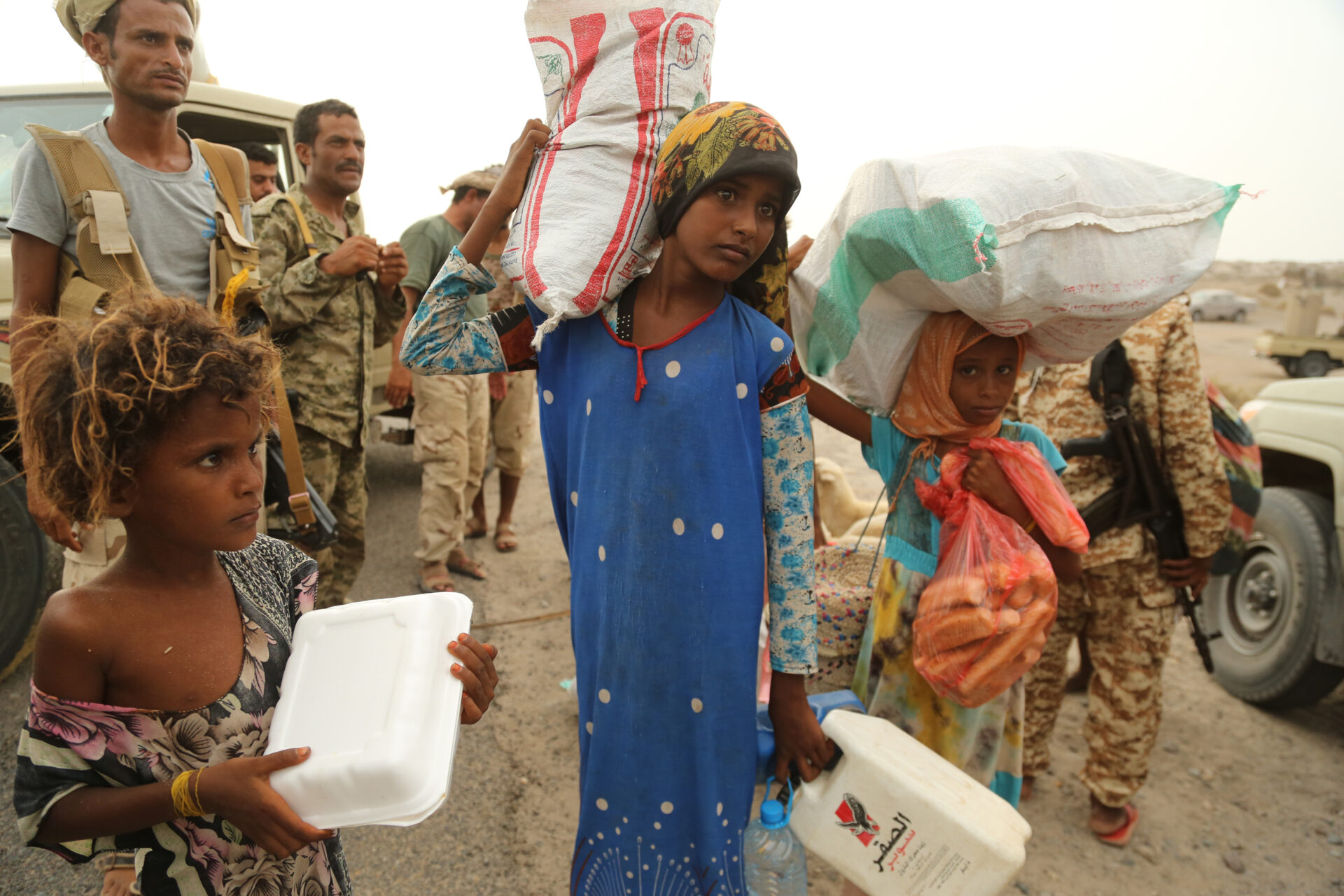
This is the thread that unites Waguih’s photojournalism: her focus on human experiences and peripheral stories.
“It’s important for photographers not just to show the politicians talking, and the warring factions, but exactly what’s on the ground,” she says.
Waguih believes the horrific images and videos from Palestine that circulate on social media can lead to desensitisation and emotional numbness for many foreign observers.
“I think some people are tired of seeing images every single day and nothing is happening to change the crisis. People try to get away from it because they feel helpless or don’t want to get emotional. When you see something for a long time you just become neutral to the situation.”
Similarly, there’s a sense that some pockets of the public have forgotten about or become apathetic towards the years-long conflicts in Syria, Libya and Iraq.
Waguih believes it’s important to not pixellate or censor images of war, and instead allow them to convey the full reality of the atrocities that are happening across the world.
“With free media now and the power of social media, everyone can post anything, but the idea of censoring something is because they’re worried about showing the truth,” she says.
“That’s the job of photojournalists. Photos have a huge impact on people and the future of photojournalism should continue to show the human impact and human stories.”
Unfinished War: A Journey through Civil War in Yemen by Asmaa Waguih is published by Helion & Company and is available now. Use WAGUIH20 for 20% off the recommended price. Offer valid until 30 September 2024.
 Newsletter
Newsletter


